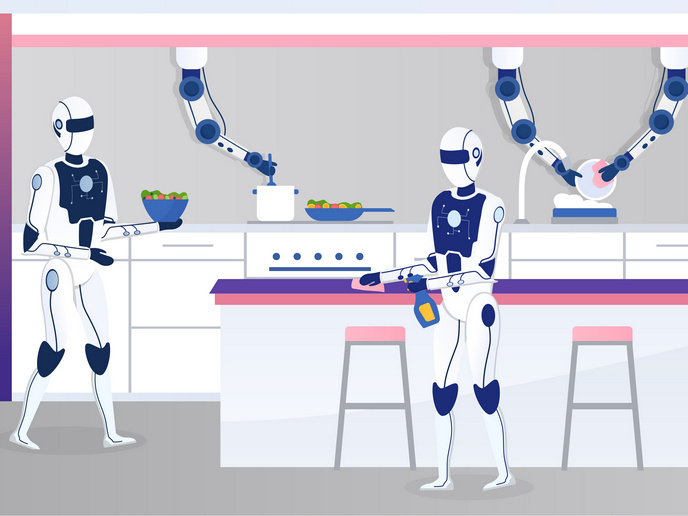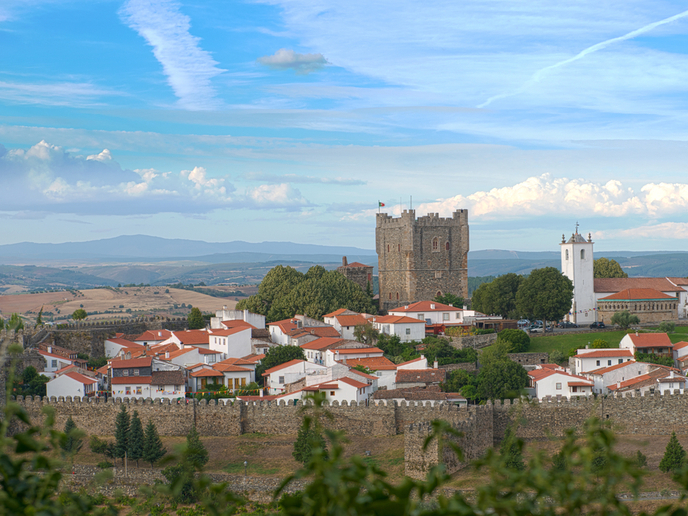Community opera rekindles its radical reputation
While opera remains a cornerstone of European culture, it can be divisive; some love it, others find it old-fashioned, expensive and exclusive. “In fact, opera was always at the leading edge of creativity – embracing new instruments, stories, aesthetics and techniques. Maybe now it has settled down into comfortable middle age,” says Mikel Zorrilla, Director of Digital Media at Vicomtech(opens in new window) and coordinator of the EU-funded TRACTION(opens in new window) project. TRACTION reignited some of opera’s radical credentials through three new community co-created performances for 11 locations, including an opera house, prison, concert halls, schools, public squares and a virtual first. The performances – in Catalan, Creole, English, Irish, Portuguese and Spanish – were seen live by over 8 000 audience members. Over 1 300 non-professional artists and community members helped with the productions.
The power of community opera
Each of the three new co-created operas engaged young people in both the performances and their promotion, to attract new audiences. In October 2022, in Barcelona, the large-scale community(opens in new window) opera production of La Gata Perduda(opens in new window) was performed twice in the Liceu Opera House to sold-out crowds. The choir was formed from 12 different amateur choirs from the Raval neighbourhood, some, such as the Kudyapi Choir or Musical’s Choir, featuring young people. The Portugal opera, O Tempo (Somos Nós)(opens in new window), led by the SAMP Music School included young inmates of a Leiria prison, relatives and youth workers. The opera was performed four times during June 2022: twice in the prison and twice on the Gulbenkian concert hall’s main stage. In Ireland the Out of the Ordinary/As an nGnách(opens in new window) opera was led by Irish National Opera and was co-created with teenagers from rural areas, resulting in the first virtual reality opera(opens in new window) co-created with diverse communities. The opera, which included environmental messaging, toured Ireland and beyond, during summer 2022. “These experiences could be transformative. For example, while it is common for prison inmates to use such activities as a break from routine, some discovered a new way to express themselves,” notes Zorrilla.
Technology enablers
Partly as a workaround to COVID-19 restrictions, two new digital tools(opens in new window) were developed, facilitating over 20 000 user interactions. Allowing participants to collaborate on activities, the ‘Co-creation Space’ was used for everything from musical composition to poster design, while the ‘Co-creation Stage’ connected people in real time. For instance, in Portugal the tool’s real-time streaming from multiple locations allowed prison inmates to sing alongside performers outside, with participation also possible around the world, via mobiles and laptops. “As it also manages on-demand media, it is like a combination of a video conference and production tool,” adds Zorrilla. There was also wide media interest. For example, the Barcelona opera was broadcast and serialised on Catalan television reaching a total audience of 766 000. “Our survey found that: 94 % felt ‘actively involved’; 89 % had ‘learnt from other people’; and 77 % had ‘changed their ideas through the project’; and that for 75 % ‘taking part was good for their well-being’,” says Zorrilla.
Pushing the boundaries
TRACTION has produced a book(opens in new window), website and technical wiki(opens in new window) to help other art forms and community initiatives adopt the techniques. “As European opera is publicly funded, we need political change. Cultural policy should prioritise strengthening human capabilities, making the [Universal Declaration of Human Rights] UDHR right to freely participate in the cultural life of the community its foundation and putting co-creation at its heart,” concludes Zorrilla. TRACTION’s partners continue developing the digital tools, assessing their applicability to other fields, with more performances forthcoming.







